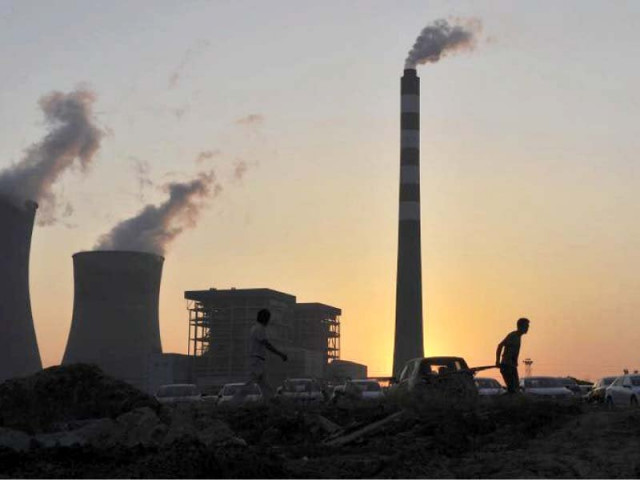No liability: Govt refuses to pay capacity charges to RPPs
Under revised policy, agreement will be strictly on take-and-pay basis

Under revised policy, agreement will be strictly on take-and-pay basis. PHOTO: REUTERS
The government has refused to pay capacity charges to rental power plants (RPPs) that have been cleared by the National Accountability Bureau (NAB) for running under a revised policy.
Under a power purchase agreement with short-term independent power plants (IPPs), formerly called RPPs, the government will not pay capacity charges and also not make upfront and mobilisation advance payments to the power producer.
Fuel will be arranged by the power producer and the agreement will be strictly on take-and-pay basis. Tariff will be determined by the National Electric Power Regulatory Authority (Nepra) according to the policy.
The Economic Coordination Committee (ECC) approved the power purchase agreement with the short-term IPPs in a meeting held on June 17.
Other IPPs, however, receive capacity payments if they are shut because of fuel unavailability.
Read: Short-term solution: Govt to revive three rental power plants
The government has formulated a revised policy for the RPPs set up during the previous governments of Pakistan Peoples Party (PPP) and Pervez Musharraf. The RPPs were shut down after a case was filed by Khawaja Asif, now the water and power minister.
After taking over the ministry, Asif stepped in to frame a short-term policy to run the RPPs that were cleared by NAB of corruption allegations.
In an earlier meeting, the ECC had approved guidelines on utilising the existing generation capacity of short-term IPPs. Under the guidelines, the power purchase agreement would be drafted by the National Transmission and Dispatch Company (NTDC) for approval of the ECC.
Accordingly, a policy for the utilisation of available generation capacity of short-term IPPs was drafted and approved by the ECC on January 10 this year.
The Ministry of Water and Power clarified that NAB had cleared the matter and the proposal was in consonance with judgment of the Supreme Court. It also explained that Nepra will determine the tariff and the power producer will arrange the fuel. There would be no capacity payment liability.
Read: Ruling on rental power plants: Turkish firm takes dispute to international court
In line with the approved policy and the ECC decision, the Ministry of Water and Power asked the committee in the June meeting to give the go-ahead to the draft power purchase agreement proposed by the NTDC.
It gave approval to the standardised agreement that would depend on strict compliance with the parameters including the bar on paying capacity charges and making advance payment and mobilisation advance payment to the power producer.
Water and Power Minister Asif had changed the name of RPPs and introduced in January 2015 a policy on short-term IPPs, approved by the ECC, that did not allow re-export of machinery and plants, effectively killing the tax exemption status.
However, in the meeting on April 23, the ECC lifted the ban on re-export of plants and machinery.
Published in The Express Tribune, June 26th, 2015.
Like Business on Facebook, follow @TribuneBiz on Twitter to stay informed and join in the conversation.


















COMMENTS
Comments are moderated and generally will be posted if they are on-topic and not abusive.
For more information, please see our Comments FAQ